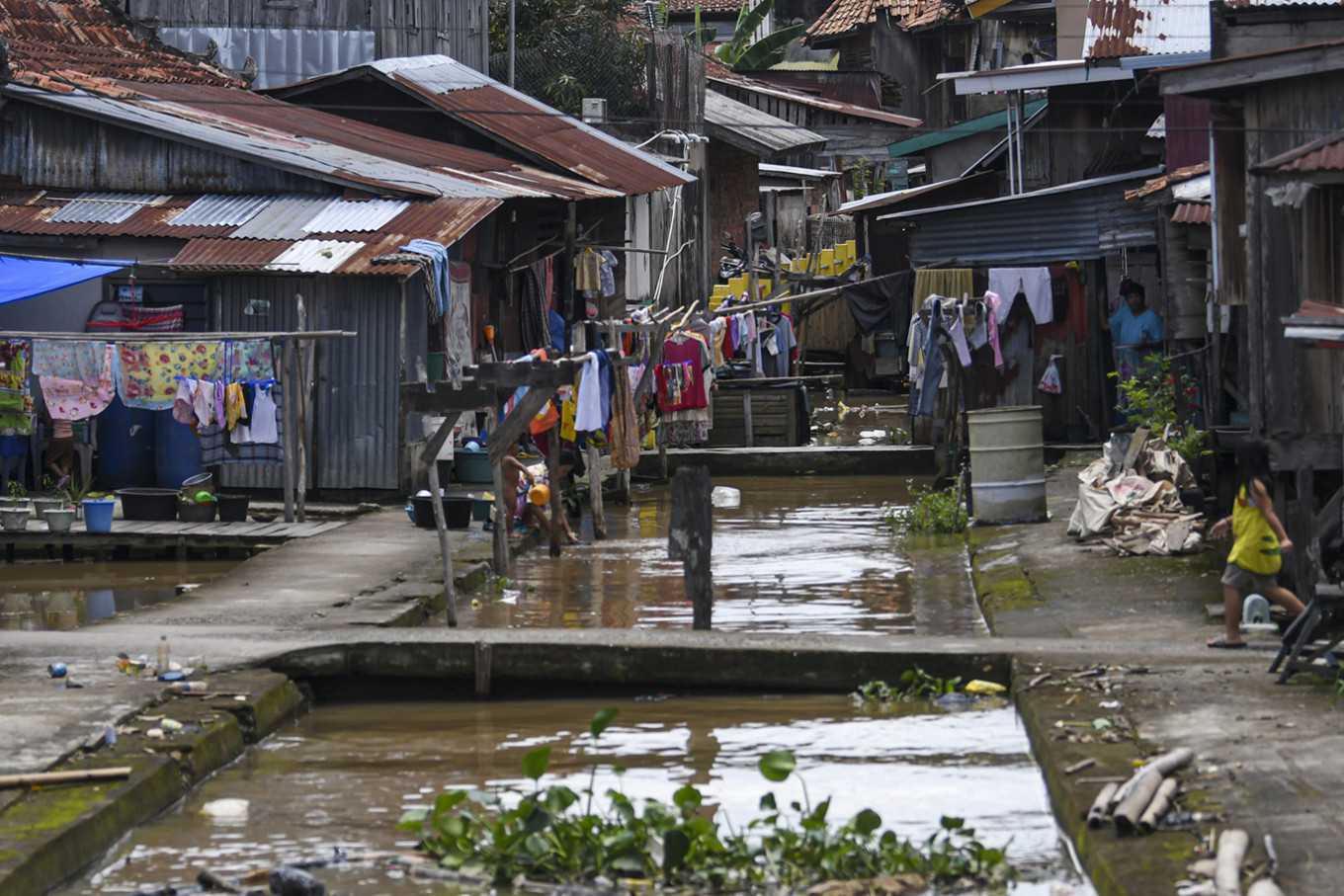Pandemic hits Indonesia’s push for inclusive growth: Bappenas
14 May, 2020

Projected slower monetary growth caused by the COVID-19 pandemic is expected to worsen Indonesia’s battle to promote inclusive expansion in the united states, according to a Countrywide Development Planning Agency (Bappenas) official.
The federal government with SMERU Research Institute measure the inclusiveness of growth predicated on 21 indicators, such as for example employment opportunity, inequality, contribution of women’s income and poverty rate. The result is usually that the country’s score on the Inclusive Economic Creation Index possesses been stagnating at 5.75, that actually qualifies while moderately satisfying, since 2017.
“The COVID-19 pandemic has hit household consumption and lowered industrial output, which has affected the indicators to measure inclusive monetary growth,” Bappenas expert staff member for monetary and financing synergy Amalia Adininggar Widyastuti said within an online talk on Wednesday.
Statistics Indonesia (BPS) data show that home spending, which accounts for over fifty percent of the country’s gross household item (GDP), grew just 2.84 percent in the first quarter as the economy expanded 2.97 percent, the slowest since 2001.
The federal government now expects the country’s economy to grow 2.3 percent this year from 5.02 percent this past year beneath the baseline scenario and even to contract 0.4 percent in the worst-case scenario.
The pandemic, Amalia said, was directly battering at least nine indicators in the index, especially employment opportunity, inequality and poverty. Without more than enough inclusiveness, the poorest 20 percent of the populace were reach hardest by the pandemic with most of them lacking usage of decent toilet and hand washing facilities, which are precisely the methods to prevent COVID-19 contagion.
“Macroeconomic policies should be built with affirmative policies, increasing accessibility and commercial output policies,” Amalia said. The affirmative policies, she went on to state, were lowering poverty and inequality, encouraging productive females to have decent do the job and raising awareness on healthy ingesting and lifestyle.
“Inclusive economic growth with an increase of equitable money distribution and lower poverty is extra resilient to the sort of shocks due to the COVID-19 pandemic,” she stressed.
In a recent research study, SMERU projected that 8.5 million persons would fall into poverty this season because of this of the COVID-19 pandemic. The prediction signifies that the number of poor persons will surge to 33.24 million, or 12.37 percent of Indonesia’s total population, a figure last seen in 2009.
BPS info from September 2019 demonstrate that 24.79 million Indonesians lived in poverty, equivalent to 9.22 percent of the total population.
“The Indonesian economy must recover [after the pandemic], that’s for certain, but efforts to lessen the country’s poverty rate include reversed by a decade [...]. Each of the difficult steps that contain been taken will must be redone to return to the 9.22 percent level,” SMERU researcher Ridho Al Izzati said in April.
Source: www.thejakartapost.com
TAG(s):
